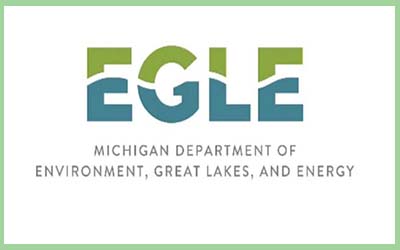Written Saturday April 27th at 7:05 PM

The Wildcats will have a new Girls Basketball Coach next winter.
Oxford coach Rachel Bryer stepped down coaching the program after eight years coaching the program.
The move was confirmed by Athletic Director Tony DeMare and Oxford Assistant Athletic Director Brandon.
The Wildcats were 94-68 in her eight years since taking over for Coach Steve Emert in the 2016-2017 season. Oxford went 19-5 in the 2022-2023 season which was Bryer’s best season as coach.
The Wildcats went 11-12 but they played a very tough schedule this season. Oxford fell to Grand Blanc 60-38 in the district finals, it was the third time in the postseason that the Bobcats won over the Wildcats.
According DeMare, he confirmed that there are three candidates for the coaching job which interviews are expected to start next week.
Whoever the new coach will have a proven team with a ton of experience in Allison Hufstedler, Sophia Rabb, Mia Champagne, Emma Buggs, Claire Bruski, Tegan O’Connor, Brynley Cardona, Camryn Quidort, Katelyn Brockway, and Jaylen Jacobsen coming back. They will also be in the Red with West Bloomfield, Ferndale, Stoney Creek, Clarkston, and Lake Orion next season.
Bryer did a ton of good for the program and she’ll be missed.
Program strength will be very interesting for the new coach as well.
Stay tuned to OAA Now for the latest on this developing story.








